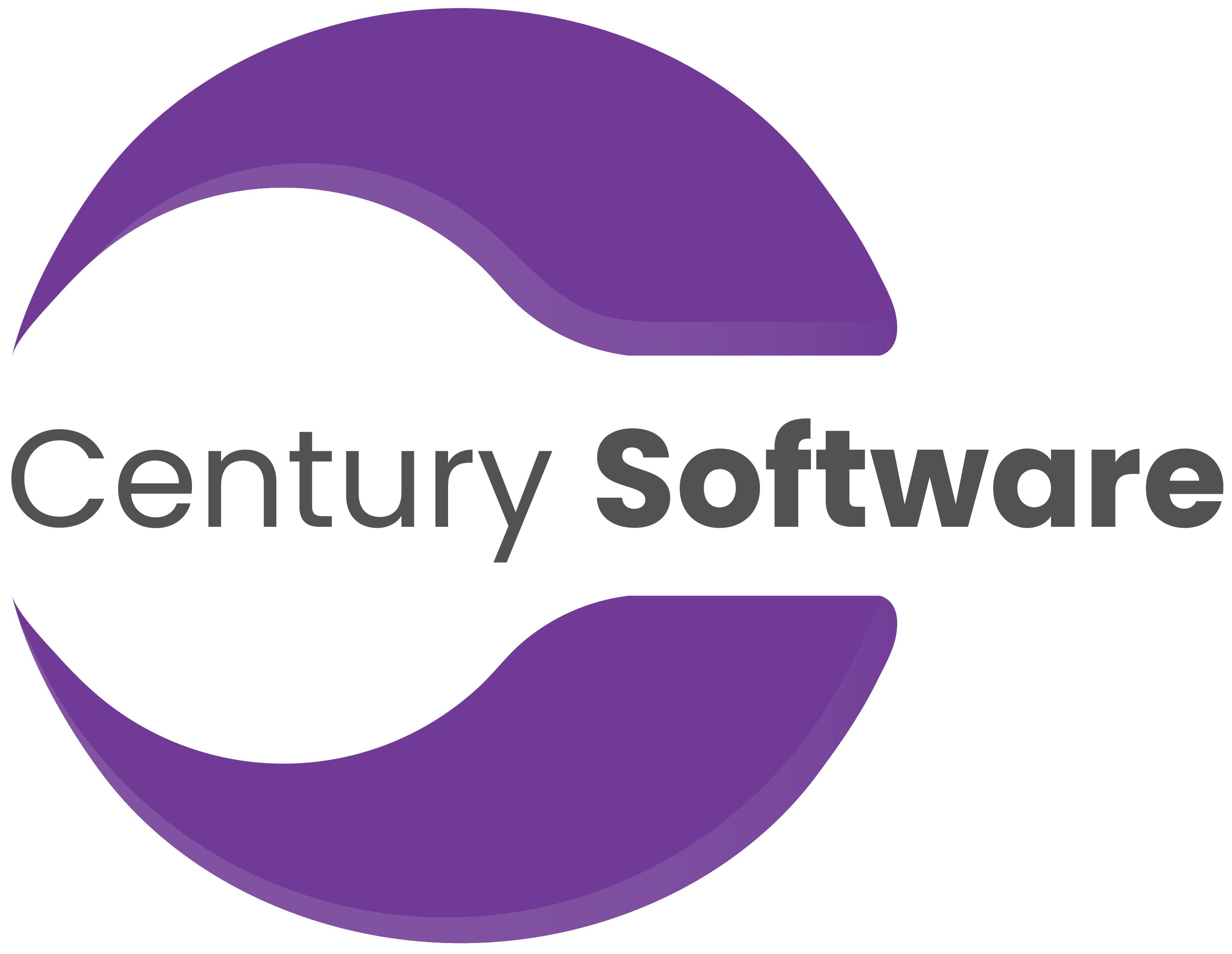Top 10 Must-Have Features in Modern Business Management Software
In today’s fast-paced business environment, effective management software is crucial for success. Modern business management software helps organizations streamline operations, improve productivity, and gain valuable insights. With numerous options available, identifying the essential features can be challenging. This article outlines the top 10 must-have features in modern business management software, ensuring you make an informed choice.
1. User-Friendly Interface
A user-friendly interface is paramount for any business management software. Employees across all departments will be using the software, so it needs to be intuitive and easy to navigate. A well-designed interface reduces the learning curve, minimizes errors, and boosts productivity. Look for software with customizable dashboards, clear menus, and a consistent design language. An intuitive interface also encourages user adoption and engagement, which is critical for the software’s success.
2. Scalability
Scalability is a crucial feature for growing businesses. Your software should be able to accommodate an increasing number of users, transactions, and data without compromising performance. Scalability ensures that the software can evolve with your business needs, saving you from frequent upgrades or migrations. Cloud-based solutions are particularly beneficial in this regard, offering flexibility and ease of scaling resources as your business expands.
3. Integration Capabilities
Modern business management software must integrate seamlessly with other tools and systems used within your organization. Integration capabilities ensure smooth data flow between different departments and functions, reducing data silos and enhancing collaboration. Look for software that supports integration with popular CRM, ERP, HRM, and accounting tools. APIs (Application Programming Interfaces) and pre-built connectors can significantly simplify the integration process, ensuring a cohesive and efficient tech ecosystem.
4. Automation and Workflow Management
Automation is a game-changer for business efficiency. Your software should offer robust automation features, allowing you to automate repetitive tasks, set up triggers for specific actions, and streamline workflows. Automation reduces the risk of human error, saves time, and ensures consistency. Workflow management tools help you design, monitor, and optimize business processes, improving overall productivity and accountability. Look for features like automated notifications, task assignments, and approval processes.

5. Advanced Reporting and Analytics
Data-driven decision-making is essential for modern businesses. Advanced reporting and analytics features provide insights into your business operations, helping you make informed decisions. Your software should offer customizable reports, real-time data visualization, and predictive analytics. These tools enable you to track key performance indicators (KPIs), identify trends, and uncover areas for improvement. Integration with business intelligence tools can further enhance your analytical capabilities, providing deeper insights.
6. Mobile Accessibility
In an era where remote work and on-the-go access are becoming the norm, mobile accessibility is a must-have feature. Your business management software should offer mobile apps or responsive web interfaces that allow employees to access essential functions from their smartphones or tablets. Mobile accessibility ensures that your team can stay productive, whether they are working from home, traveling, or in the field. Features like push notifications and offline access can further enhance the mobile experience.
7. Security and Compliance
Security is a top priority for any business software. Your software must adhere to industry standards and best practices to protect sensitive data from breaches and cyber threats. Look for features like data encryption, multi-factor authentication, and regular security updates. Additionally, compliance with regulations such as GDPR, HIPAA, and PCI-DSS is crucial, depending on your industry. Ensuring your software meets these standards can prevent legal issues and protect your company’s reputation.
8. Customer Relationship Management (CRM) Integration
A robust CRM system is integral to managing customer relationships and improving sales processes. Business management software with built-in CRM or seamless CRM integration allows you to track customer interactions, manage leads, and automate marketing campaigns. This integration helps create a unified view of customer data, enabling personalized communication and better customer service. Features like sales pipeline management, customer segmentation, and analytics are essential for optimizing your sales and marketing efforts.
9. Customization and Flexibility
Every business has unique needs, and your software should be flexible enough to accommodate them. Customization options allow you to tailor the software to match your specific workflows, terminology, and business processes. Look for software that offers customizable fields, forms, and reports. Flexibility in deployment options, such as on-premise or cloud-based solutions, is also important, allowing you to choose the best fit for your infrastructure and budget.
10. Comprehensive Support and Training
Even the best software can encounter issues or require adjustments over time. Comprehensive support and training are vital to ensure your team can effectively use the software and resolve any problems that arise. Look for vendors that offer multiple support channels, including phone, email, and live chat. Access to a knowledge base, video tutorials, and user forums can also be beneficial. Training programs, whether online or in-person, help your team maximize the software’s potential and stay updated with new features and best practices.
Conclusion
Selecting the right business management software is a critical decision that can significantly impact your organization’s efficiency and growth. By focusing on these top 10 must-have features—user-friendly interface, scalability, integration capabilities, automation and workflow management, advanced reporting and analytics, mobile accessibility, security and compliance, CRM integration, customization and flexibility, and comprehensive support and training—you can ensure that your software investment will drive your business forward.
As technology continues to evolve, the features and capabilities of business management software will also advance. Staying informed about the latest trends and updates in software solutions will help you maintain a competitive edge. Remember, the right software not only streamlines operations but also empowers your team to achieve more, fostering a culture of innovation and excellence within your organization.
Investing in business management software like the one offered by Century Software that aligns with your company’s goals and requirements can transform how you operate, paving the way for sustained success and growth in today’s dynamic business landscape. Get in touch with Century Software today!

